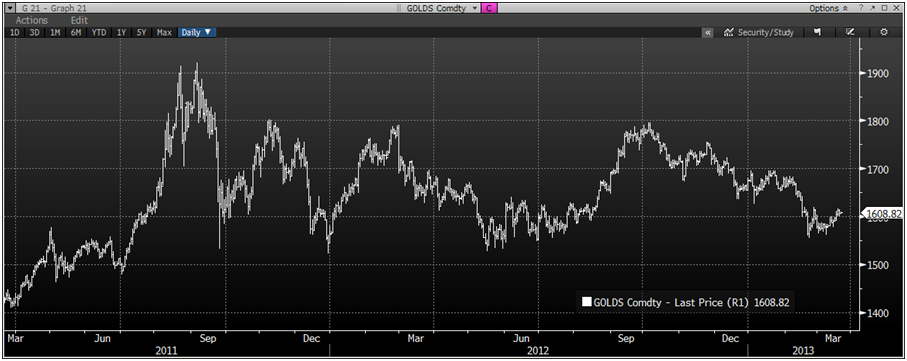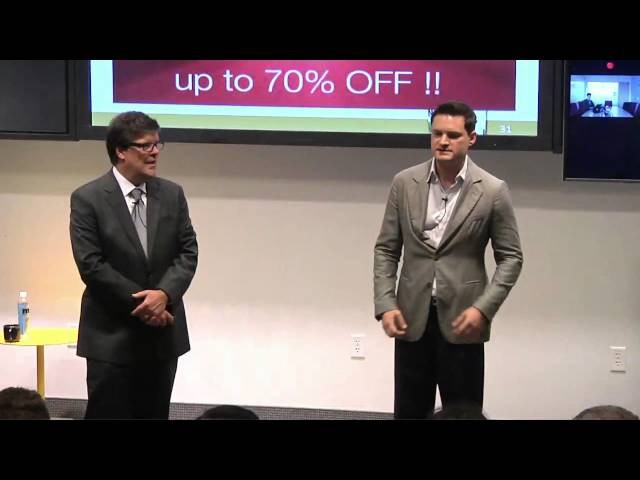Nobel Prize Winner Daniel Kahneman Lessons From Hitler s SS And The Danger In Trusting Your Gut
Post on: 1 Апрель, 2015 No Comment

Daniel Kahneman is Professor of Psychology and Public Affairs Emeritus at Princeton University’s Woodrow Wilson School and the 2002 winner of the Nobel Prize in Economic Sciences. I recently sat down with Kahneman to talk about how his prize winning theories apply to investing. Video and a transcript of our conversation follows.
Steve Forbes: Dr. Kahneman, very nice of you to join us today. And before we get into the implications of your work for people who think they can do well in the stock market, by their own genius, please recount the story of your first lesson in irrationality in Paris, 1941, early-’42. German occupied, you’re Jewish, you have to wear the Star of David. Tell us what happened as a young child.
Daniel Kahneman: Well, I was a seven-year-old boy, and there was a curfew for Jews, and indeed, I had my sweater with the Star of David on it. I stayed too long with a friend, and I was past the curfew time. So I put my sweater upside down, and I walked home. And very close to home, I still remember the place, it’s a suburb of Paris, I saw a German soldier walking towards me, and he was wearing the black uniform, and black uniforms meant a lot. I mean, those were the SS, they were the worst of the worst. So I knew that one should be afraid of them.
Then he beckoned me, he called me, and I went up to him, and he picked me up, and I remember very vividly being terrified that he would see inside my sweater, that I was wearing the Star of David. Then he hugged me, and he put me down, and he took out his wallet, and he showed me a picture of a little boy, and he gave me some money.
So that was a father, and I reminded him of his son. And I remember sort of the astonishment, the complexity of it. I was a seven-year-old boy, but that was telling you that life was very complicated, if killers could behave like that.
Forbes: In the rest of your stories, you’ve said yours had a relatively benign outcome. But moving in France, and how your father was arrested and then sprung out.
Kahneman: Well, my father was the chief of chemical research in a large French concern. In fact, it was part of L’Oreal, which is very well known these days. He was protected during the war to every extent possible. He was picked up and sent to Drancy, the famous place where Jews were sent, and ultimately from where very few people returned.
But he was released, and it turned out that through the intervention of a man [Eugne] Schueller, a very complicated story, I never knew the details, but it involves some German officer and a woman who was in love with him, and all sorts of things. But many years later, I learned that Schueller – whose daughter [Liliane Bettencourt] is famous, she is the richest person in France, actually. Schueller had been the main funder of the fascists in France before the war, and it was a virulently anti-Semitic movement. But he liked my father, and he protected us to the extent he could. We got packages of food from them throughout the war, even after my father died.
Forbes: Amazing. So you learned at an early age that the human mind is not a simple thing.
Kahneman: Definitely.
Forbes: Now, before we get to the implications for investing, one of your early tasks was in Israel, where you were born, what became Israel, was to try to pick out people who were good officer material for the army. And what did you learn from that process?
Kahneman: I learned a lot from that process. It was very influential in the work I did later. We would give field tests to people who wanted to be officers, they were candidates for officer training, and there were field tests. There people would be given a task, a difficult task, a physical task, like pick up a log and use it to pass over an obstacle.

We would watch them in action, they were in groups of eight, and the stunning thing is when you watch a thing like that, you see personalities, it’s just very, very convincing, and so we saw them in action. There’s a feeling you get a real direct access to how good the person is, as a leader, each one of them.
Some leaders and some wimps, you see all characters. But then about once a month, we would have the Friday of statistics on the last day of the week, and they would come and tell us how well we were doing, in predicting success in officer training. And the fact was consistently, we were not doing anything. I mean, we were just guessing. What we were seeing had nothing to do with reality. But the striking thing, and which influenced my work a lot, is that even after you’re told statistically that it’s nothing, that you can’t do this, you cannot predict how well they’ll do. The next Sunday, there is a batch of people, you take them to the obstacle course, you watch them, and you see them just as clearly as ever. So this disconnect between knowing that there is something you can’t do, and feeling that you personally can do it, that’s been with me all my life, and I think there is a lot of it on Wall Street.
Forbes: You won a Nobel Prize for fathoming the human mind. You’ve made the point that perhaps because there are so many smart people in finance, that individual stock pickers, managers, cannot consistently beat the market.
Kahneman: Well, it’s not a point I made. The point, I’m not a finance expert, so you know.
Forbes: Well, clearly, they’re not either.
Kahneman: Well, when it comes to stock picking perhaps nobody is. That certainly was [Burton] Malkiel’s (PH) point. So, I am the consumer of this stuff. But what I find very interesting is that although everybody, I think, recognizes that in principle, you can’t do this. Because if you could pick stocks very well, then other people would also be picking those stocks, so the advantage would be gone. So everybody realizes that in principle, it’s impossible. But everybody personally thinks they can do it.
Forbes: Like your officers.














